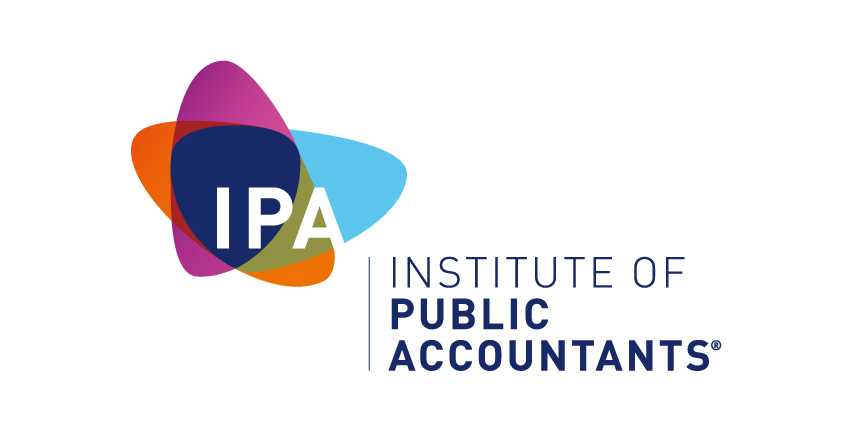GOVERNMENTS MUST ADDRESS SKILL SHORTAGES
Where businesses have a high demand for skilled labour but are constrained by lack of resources, then there is a prima facie case for government intervention, according to the Institute of Public Accountants (IPA).
“We need governments, both Federal and State to immediately address and reform the education system’s ability to increase the stock of knowledge-based workers available for employment,” said IPA’s chief executive officer, Andrew Conway.
“Without a sweeping reform of the education system, Australia will not address the significant skills deficits that are abundantly apparent in the economy.
“We believe that the strongest argument for government intervention relates to the potential for positive spill-over into the wider economy, as highly skilled workers move around employers and disseminate their knowledge.
“One in six businesses in Australia faces a problem involving skills deficiencies.
“Research conducted for the Australian Small Business White Paper indicates that some 64,000 businesses have an identifiable skills deficiency in relation to finance professionals, 55,000 in relation to marketing professionals, and 45,000 businesses are deficient in IT professionals.
“This indicates that while there may be trade skill shortages relating to the construction boom, there is a bigger problem on the horizon with deficiencies in high value added professional services.
“To stem the tide of skills shortages, we are urging governments to consider the inclusion of enterprise training at all levels of the education system from early school years to further and higher education institutions.
"We also recommend the integration of entrepreneurship programs and STEM (science, technology, engineering and maths) subjects, at all levels of secondary school, together with appropriate levels of promotion and financial support," said Mr Conway.
For further discussion refer to the IPA’s pre-Budget submission 2016-17 on the IPA website at http://bit.ly/1PVGJX7
